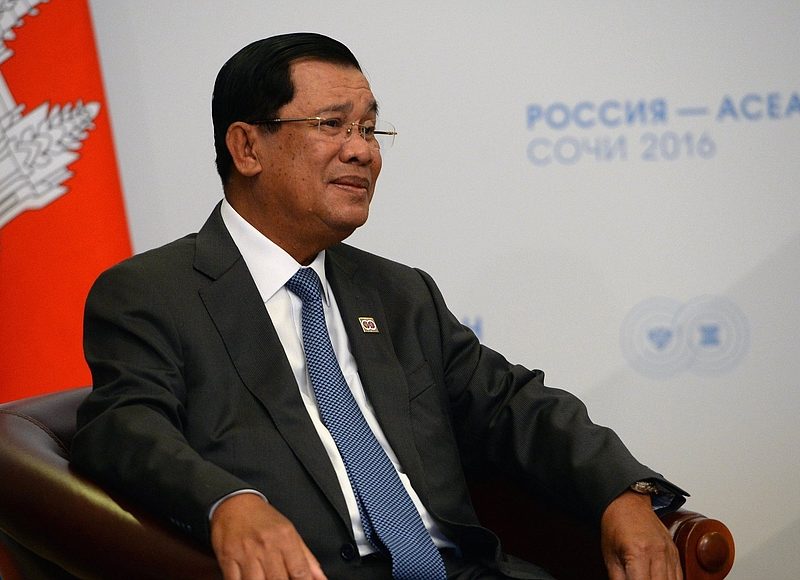Western governments today spend billions on international democracy promotion programming, from election support to civic education initiatives. Throughout the 1990s and early 2000s, this aid was associated with significant democratic development around the world. But the winds have since shifted.
Not only has backsliding among established democracies become a concern, but dictators have gotten better at resisting the forces of democratization and keeping themselves in power, including by erecting barriers to democracy assistance. Democracy promoters have had to adapt to this new reality, increasingly embracing non-confrontational programming that avoids challenging regimes directly.
Many such programs, particularly those that focus on civic education and participation, are designed to operate in contexts that are already democratizing or at least where regimes are genuinely open to reform. When applied to more entrenched authoritarian systems, however, these programs face a potential dilemma. Recognizing the legitimizing value of democratic processes both at home and abroad, dictators may try to leverage the presence of democracy promotion to bolster their own position, using it to provide a veneer of democratic legitimacy to undermine public demand for genuine democratization.




